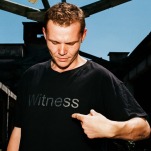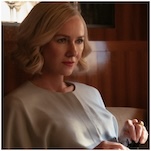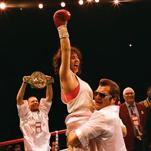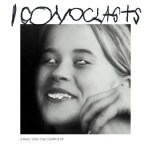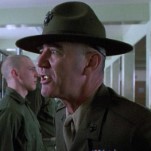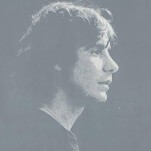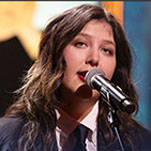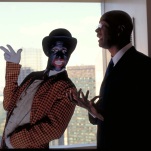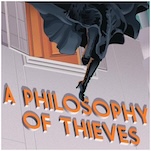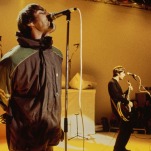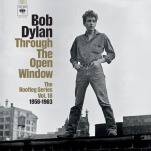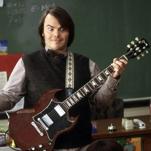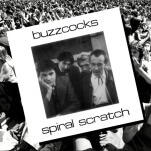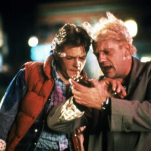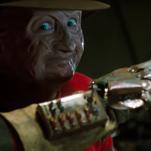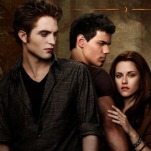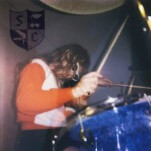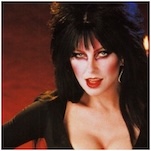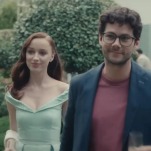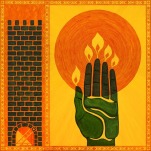The MVP: In The Bear’s Best Episode, Ebon Moss-Bachrach Made Us Believe In Richie’s Transformation
Subscriber Exclusive
Photo Courtesy of FX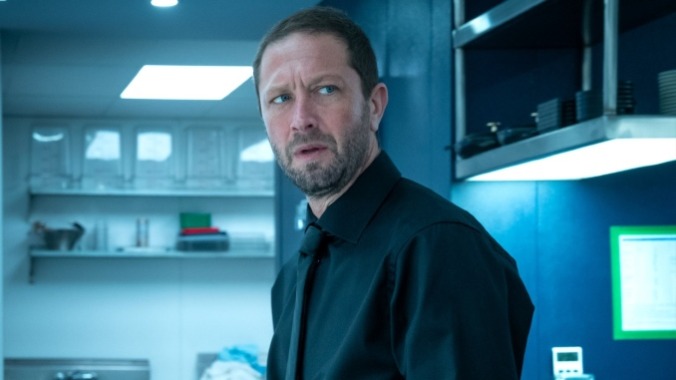
Editor’s Note: Welcome to The MVP, a column where we celebrate the best performances TV has to offer. Whether it be through heart-wrenching outbursts, powerful looks, or perfectly-timed comedy, TV’s most memorable moments are made by the medium’s greatest players—top-billed or otherwise. Join us as we dive deep on our favorite TV performances, past and present:

In a series defined by its loveable cast, Richard “Richie” Jerimovich is a bit of an asshole through much of The Bear’s first two seasons. From the jump, Ebon Moss-Bachrach plays the character’s chaotic energy perfectly, as his frantic, frustrating decision-making leads to a non-stop procession of disasters. If there’s an argument between staff, he’ll make it louder, and if there’s a dispute between customers, he’ll bring out a gun.
At least initially, he’s basically the closest thing the show has to an antagonist, and between his many blunders and overly protective streak towards his best friend’s restaurant, he drags down this flailing business while acting as Carmy’s (Jeremy Allen White) foil. It’s not that he’s an entirely terrible person or outright malicious, but his deep-seated anxiety about being replaced and his dismissive attitude toward Carmy’s expertise in the kitchen ensure that, for a long time, he makes bad situations worse.
-

-

-

-

-

-

-

-

-

-

-

-

-

-

-

-

-

-

-

-

-

-

-

-

-

-

-

-

-

-

-

-

-

-

-

-

-

-

-

-




